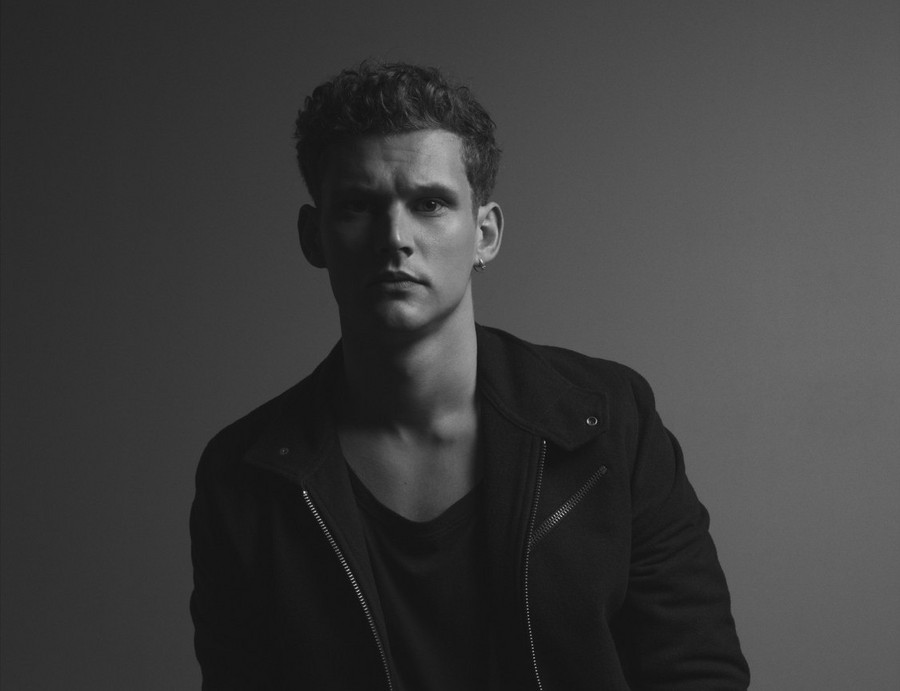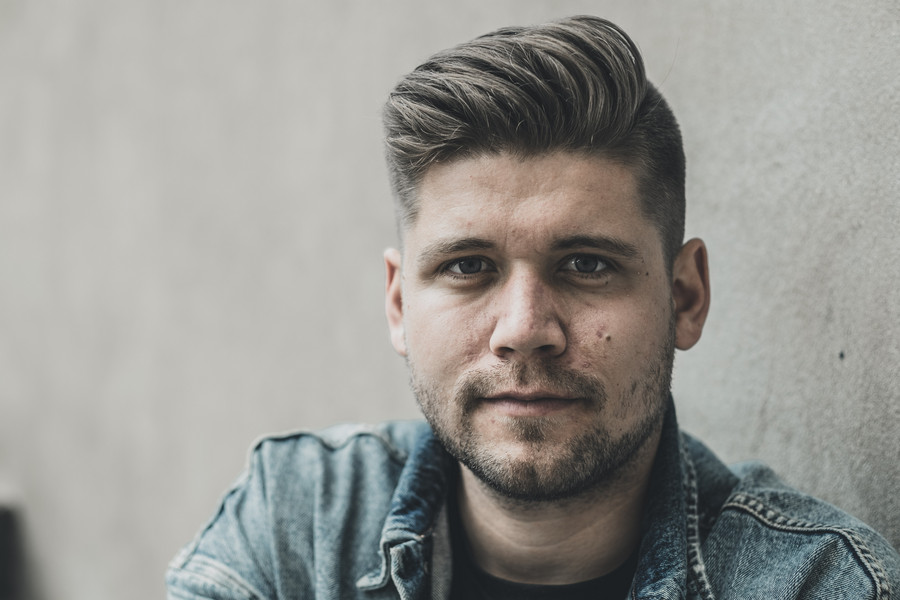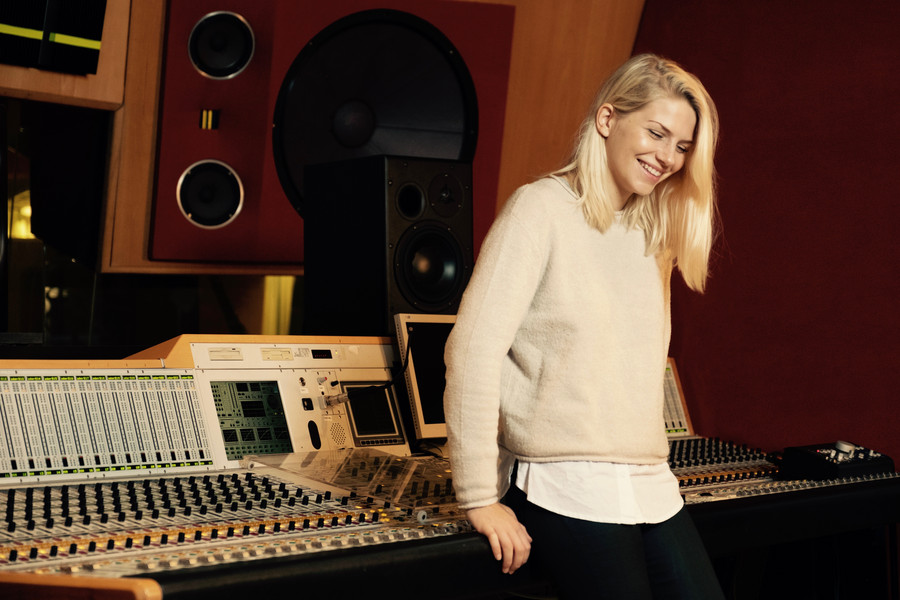Graduates of the programme typically find employment in live sound mixing and in recording studios, theatres, television and film. Many graduates also find employment as teachers. Graduates usually work freelance or in part-time contracts of varying duration. In the curriculum, you can read more about the qualifications of graduates of the Bachelor programme.
Ole Bjørn Heiring Sørensen, graduated in 2018
What’s your job now?
I produce for artists, write for and with artists, and mix. Once in a while I go out and tear at some faders at a venue, something I never dared or had the skills to before I started at RMC.
Why did you choose to study Music Production?
I knew two people attending the programme and from what I heard, it sounded like the right place for me. I ended up using the education for something completely different than they did, but that is also what I see as the strength of the programme: the paths are all tailored for you, by you.
What is music production to you?
The art of understanding what the music in front of you needs to reach its full potential.
What was the most important you got from the programme?
Network, basic knowledge, friendships, inspiration just to name a few, but maybe most importantly a language to talk about, describe and explain music for and to people with all kinds of musical preferences.
What advice would you give a potential applicant?
First of all, RMC is not for everyone. Do not despair over the rejection of your application – most of my colleagues in real life has not attended RMC. Secondly, take responsibility. For your application, use the time and reflect on what best represent you. If you get in, take responsibility for your education and your classmates. It is up to you to shape the education that will affect both you and the class. If you sit on your hands and wait for the pearls of wisdom then you are too late.

Jakob Wredstrøm, graduated in 2018
What’s your job now?
I work primarily as a songwriter and producer in the Nordic countries and own a publishing company with five other partners. I also do creative consultancy work on a record company in the form of songwriting, production, and marketing. I am not a permanent employee because I prefer to work from my own premises.
Why did you choose to study Music Production?
To expand my network in the music industry, have the time and focus to concentrate on advancing my skill set in music production, and get a natural progression to a more professional part of the industry than I was already in. I had gotten stuck in being an independent producer and not have a well-established network. So RMC was the perfect match for me.
What is music production to you?
To see the connection between different kinds of musical collaboration and have the ability to unify different people and musical elements under one aesthetic.
What was the most important you got from the program?
Most of all, I’ve gotten very conscious of my own practice. Why I do, what I do. What my strength and weaknesses are. And what part of the music brings me the most joy and energy.
What advice would you give a potential applicant?
Be the applicant who is the hungriest to get in. Your drive must be outstanding.

Jessica Petersen, graduated in 2014
What’s your job now?
I work full time as a sound technician, primarily on live concerts. I am also in charge of a small mix/podcast studio and work on tour production for a lot of artists and bands.
Why did you choose to study Music Production?
First and foremost, I have a huge interest in music. Already as a teenager, I was very interested in how music was created and the whole process of being in a studio. I didn’t personally want to be on a stage, but I began looking up to personalities such as Tony Visconti, Phil Spector, and Rick Rubin and how they became the “invisible” members of some of the biggest bands in their eras with their personal touch and sound. Later I found out how big a difference you can make in live music and how you can develop yourself in various stressful and challenging situations.
What is music production to you?
Like songwriting, music production is about taking part in creating and advancing the music. It gives music the optimal framework and ensures the core of the music comes to light to capture the audience.
What was the most important you got from the programme?
I have gotten a huge platform when it comes to knowledge and network. It has helped me to be better at thinking more deeply into the music and has taught me to ask questions about my own sound technical and artistic choices to ensure I continue to develop.
